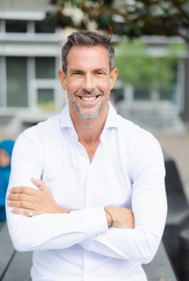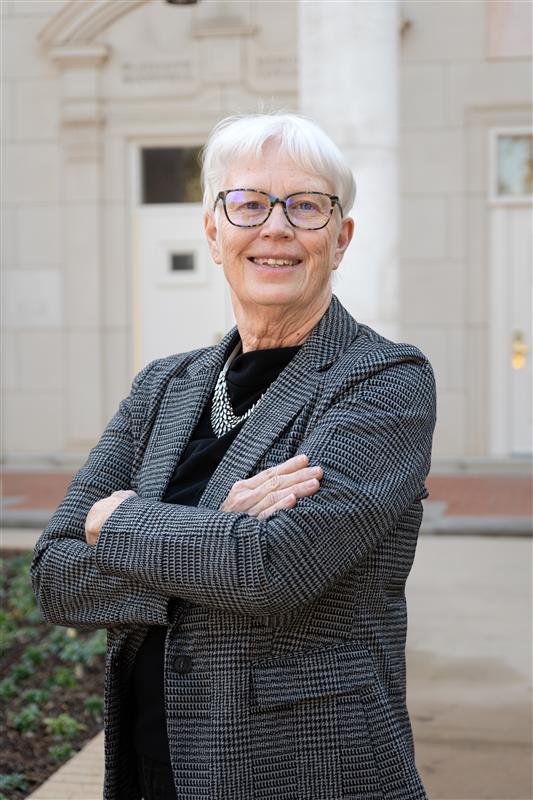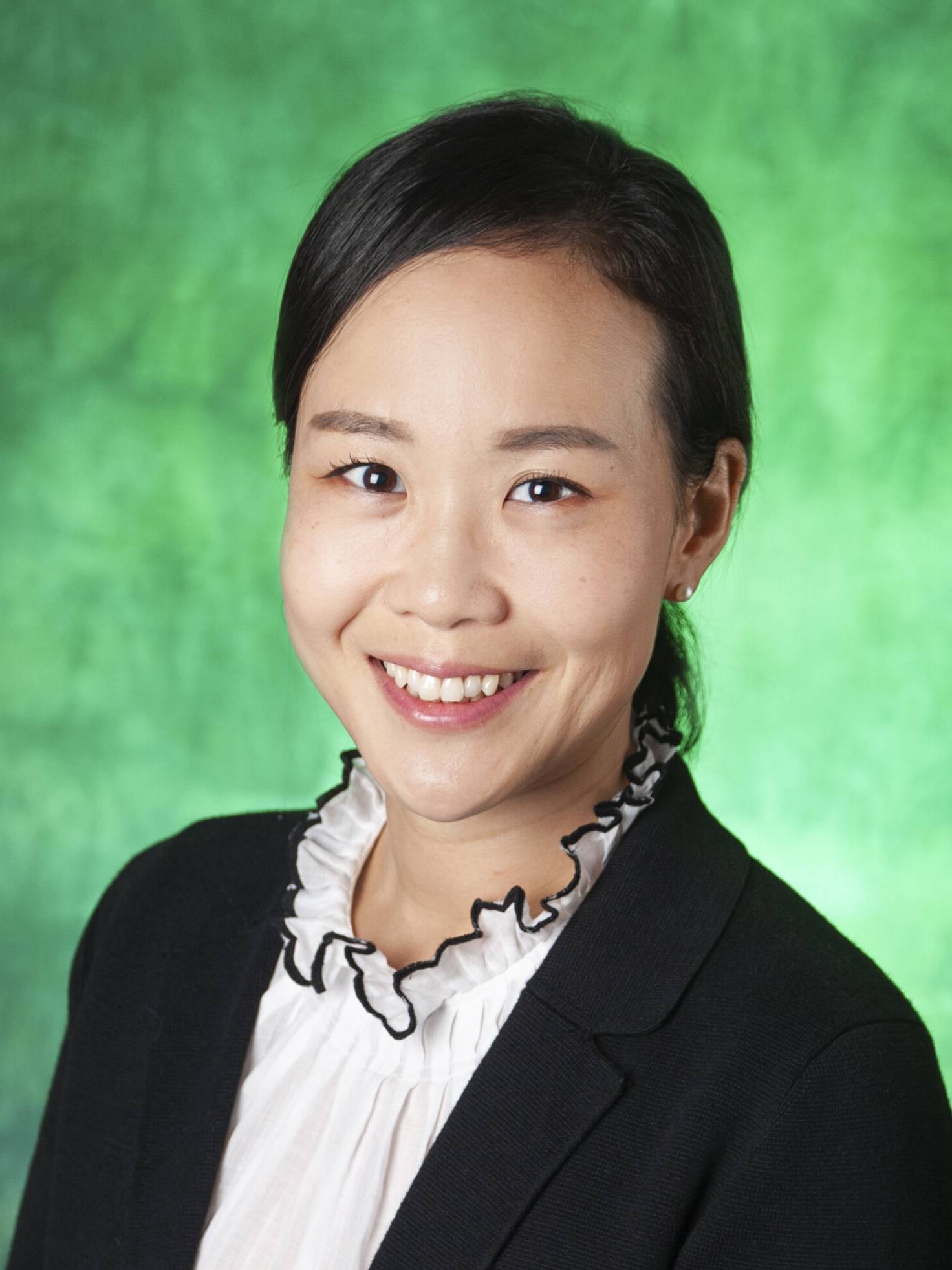CMHT Symposium: Transformational Leadership in Sustainable Food and Fiber
- Farm Food Fashion
- Symposium
- Certificate in Sustainable and Fiber
- Research Workshop
- Guest Lectures
- Study Tour
- Summer Workshop
Date: 3/27 (Wednesday), 11am-12:20pm
Location: Union 333
As the world grapples with pressing environmental and social challenges, leaders in the food and fashion industries are stepping forward to drive meaningful change. We are thrilled to announce the inaugural Symposium on Transformational Leadership in Sustainable Food and Fiber, a groundbreaking event set to inspire, educate, and catalyze action towards a more sustainable future.
Hosted by the College of Merchandising, Hospitality and Tourism, this symposium invite Lewis Perkins, President of Apparel Impact Institute and Dr. Priscilla Connors, Associate Professor at UNT, to discuss the journey towards a more responsible and ethical food and fashion industry.
Lewis Perkins
President of Apparel Impact Institute
A passionate advocate for “doing the right thing,” Lewis Perkins is the President of the Apparel Impact Institute (AII), an organization launched by leading brands and apparel sector industry associations to identify, fund, and scale programs to drive positive impact in the fashion sector.

Previous to this Perkins was President of the Cradle to Cradle Products Innovation Institute(C2CPII) where he launched the Institute’s Fashion Positive initiative, which engages designers, manufacturers, brands and influencers in creating Cradle to Cradle Certified TM materials and products with the circular economy in mind. Prior to joining the C2CPII, Perkins led sustainability for The Mohawk Group and consulted with corporations and organizations on their social and environmental programs. He has served as an Ashoka and Laudes Foundation Strategy Thought Partner, a member of the H&M Global Change Award Expert Panel, and a Design Mentor for both the CFDA (Council of Fashion Designers of America), as well as the IDEO & Ellen MacArthur Foundation’s New Plastics Economy “Circular Design Competition.” Perkins has also been a participant of the World Economic Forum Global Future Council on Consumption. Perkins holds a Master of Business Administration with a focus on social responsibility from Goizueta Business School at Emory University and a Bachelor of Arts from Washington & Lee University. In 2018, he was recognized by his undergraduate alma mater, with the Distinguished Alumni award.
Priscilla Connors, Ph.D.
Associate Professor,
Hospitality, Event and Tourism Management
Let’s design out food waste! Dr. Priscilla Connors, Associate Professor, Department of Hospitality, Events and Tourism Management, is working on just that idea.

Her food packaging research on date labels revealed that most people interpret these labels as a safety warning telling them to “throw it out!” while the intent of the food industry is to optimize food quality in a retail setting.1 How do we prevent this waste of safe, edible food? Study respondents recommended education on food practices in the home and packaging that clearly described the purpose of the label. Interested in what college students thought about food waste, Dr. Connors asked them to write about it and what they would do to prevent it.2 Students who worked in grocery stores, restaurants, movie theatres, catered events, and school dining halls were frustrated about the waste that they witnessed. They also revealed inexperience in shopping, storing, and preparing foods and how it resulted in waste in their apartments. Donating food and composting waste was advised with limited insight into how to do it. Overall, there was a sense of the value of food and concern about the unsustainability of this level of waste. One student put it succinctly, “We need to gain respect for food, as well as for the farmers who produce it, the natural resources that go into it, and the people who go without it.”
- Connors, P. L. (2023). College Students Observe Waste of Edible Food & Make Recommendations. Journal of Food Composition and Analysis. DOI:10.1016/j.jfca.2023.105833
- Connors, P. L., Schuelke, W. C. (2022). Date Labels and College Student Perception of Milk Drinkability. Journal of Food Composition and Analysis. 105, DOI:10.1016/j.jfca.2021.1042
